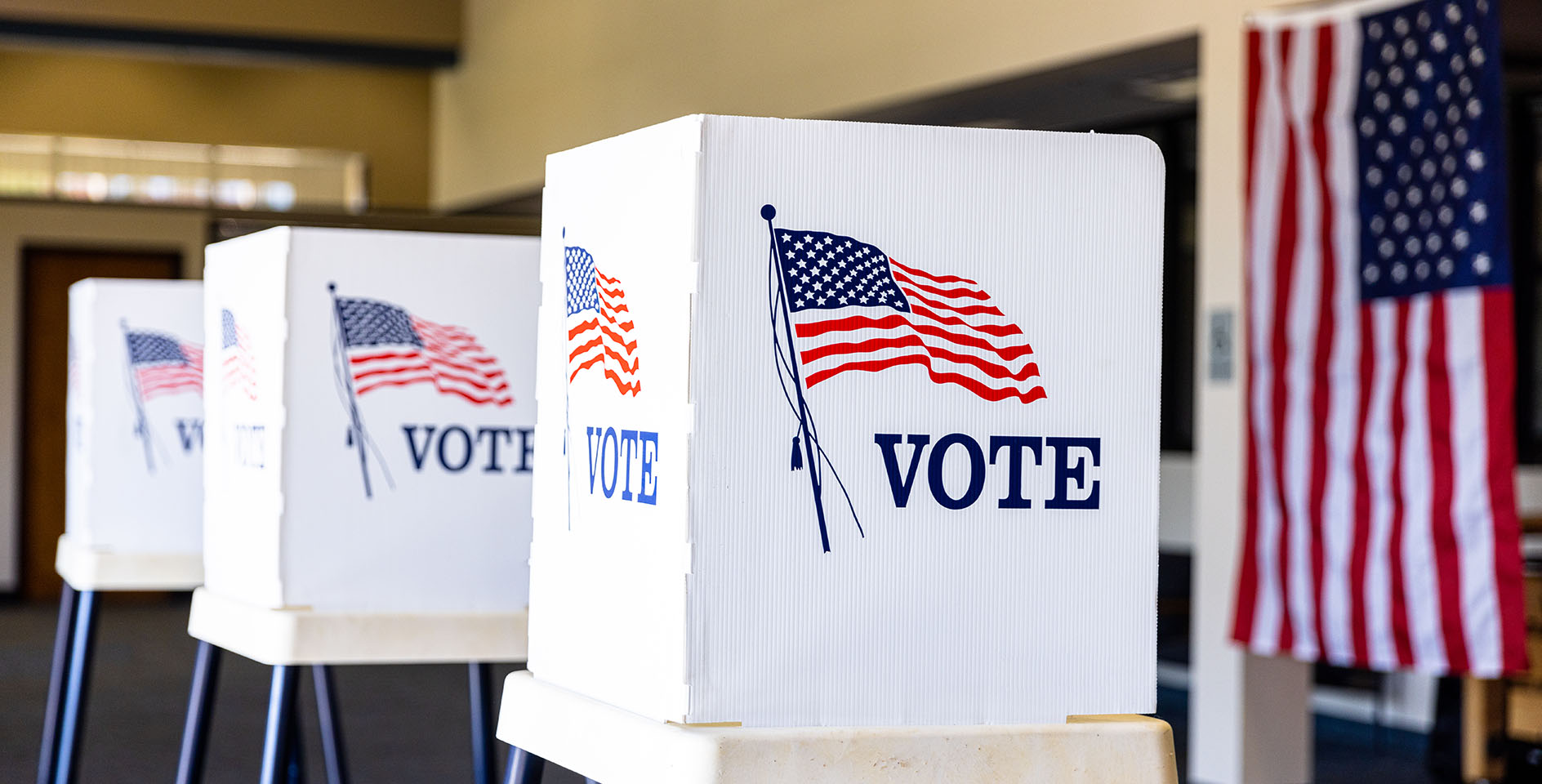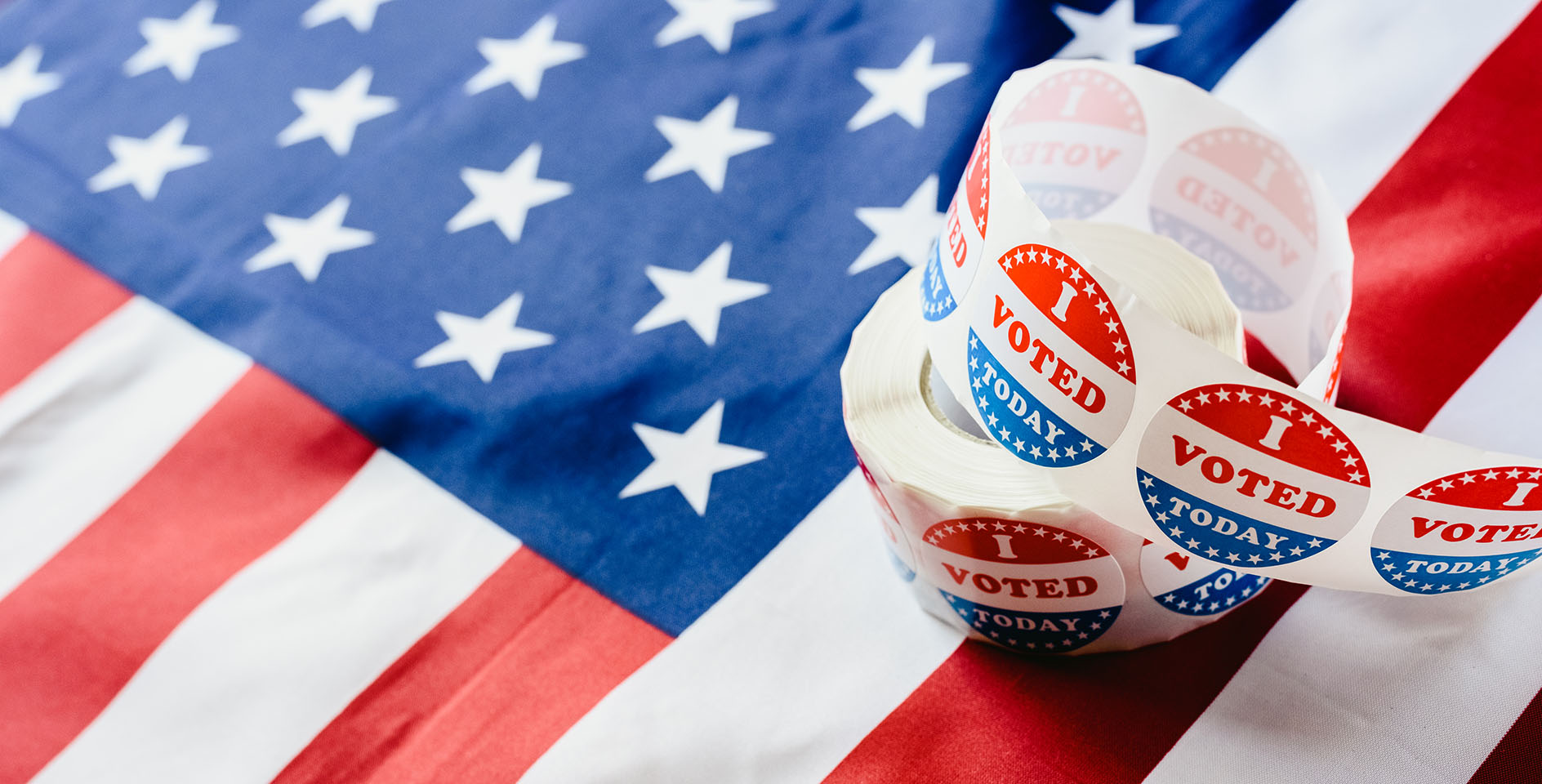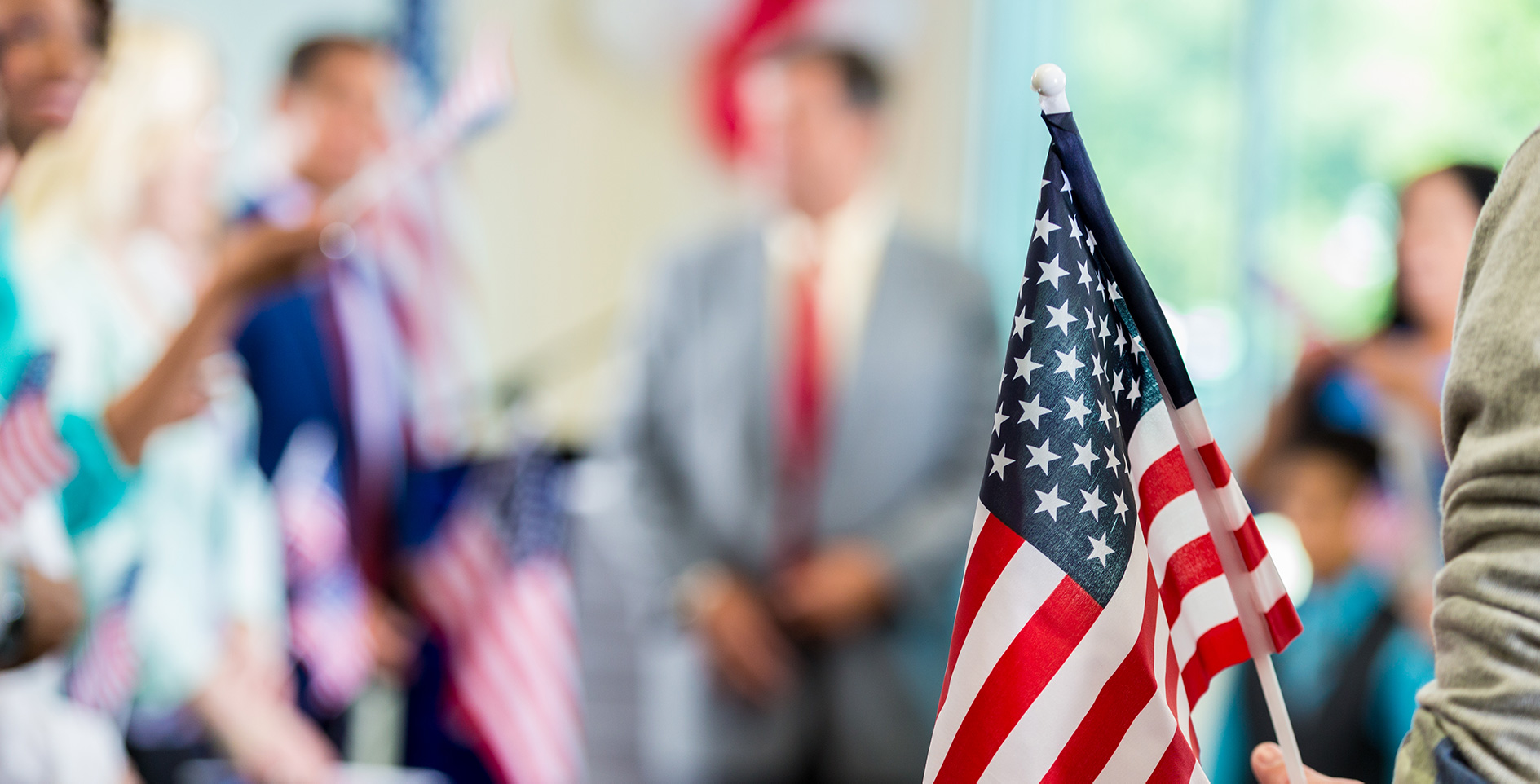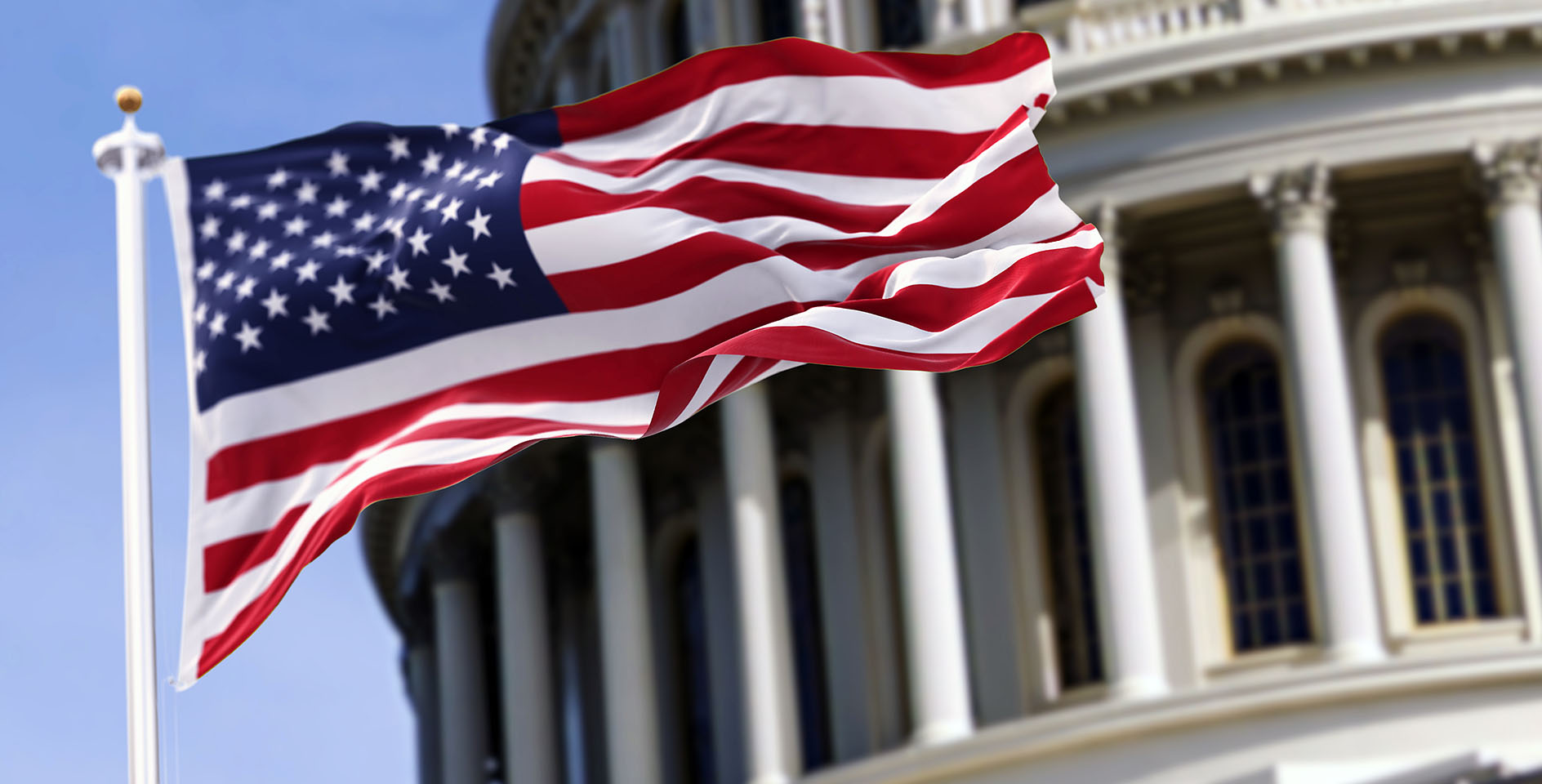The 2016 election cycle has pressed forward for months without an apparent GOP presidential nominee. The results of this week’s Wisconsin primary increased the odds that Republicans will have their first open convention since 1976.
To obtain a party’s nomination, a candidate must win a majority of delegates. For Republicans, a candidate must win 1,237 delegates—half the total number of delegates plus one. As the number of available delegates continues to dwindle, so does the probability that either Trump or Cruz will secure the nomination ahead of July’s convention. As a result, expect the speculation concerning an open GOP convention to reach a fever pitch, because such a scenario has not occurred in the Republican Party since 1976.
What is an open convention?
In the course of the nominating process, candidates mainly acquire delegates by winning victories in state primaries and caucuses. These delegates then become “bound” (required) to vote for respective candidates at the party’s nominating convention during the first—or multiple—rounds of voting depending on party rules that vary according to each state. For the GOP, a majority of delegates, 1,237, is required to secure the party’s nomination. If no candidate is able to secure a majority of delegates on the first ballot, an open convention commences with successive rounds of voting until a candidate obtains the support of a majority of delegates.
What could happen at an open convention?
When the convention begins voting on the party’s nominee, the votes cast on the first ballot will likely reflect the delegates gained through primaries and caucuses. However, if voting should extend beyond the first ballot, anything could happen. There are no guaranteed outcomes in an open convention.
Why are they so rare?
Both parties have a vested interest in selecting nominees before the national conventions. Party leaders aim for their nominee to exit the convention with party members firmly united behind him or her and significant momentum built up for November’s general election. Not only are open conventions divisive and unpredictable, they are also aired in prime time. The potential for harm to the image of the eventual nominee has led officials in both parties to create nominating processes that are designed to avoid open conventions entirely.
This is underscored by the fact that the phrase “open convention” is itself fairly novel. Perhaps signaling their concern that such an event was inevitable, many Republicans have recently adopted the phrase in order to frame the issue more positively. However, these occurrences have traditionally been known as “contested” or “brokered” conventions, which more accurately reflect the adverse nature of these events. That is why, for decades, both parties have worked to ensure their conventions function as celebratory demonstrations of party unity.
How does the convention select a nominee?
Depending on the state, most delegates are bound to a candidate on the first ballot and often the second or third ballot as well. This is why a candidate can secure the nomination on the first ballot by winning a majority of delegates through the state nominating contests. The convention will continue rounds of voting until a candidate wins the votes of 1,237 delegates on a single ballot.
The delegates casting votes at the convention are actual people who may not personally support the candidate to whom they are bound. Should the voting move beyond the first ballot, delegates are “released” to support another candidate on later ballots once they have fulfilled their obligation to vote according to their respective state’s rules.
Who will be on the ballot?
Based on the current rules established in 2012, it is possible that only candidates who have won at least eight states will appear on the first ballot. This is due to Rule 40(b), (a rule only recently enacted by the GOP), which stipulates that a candidate must win a majority of delegates in eight states in order to be placed into nomination. However, the Convention Rules Committee will gather the week before the convention to consider these rules and recommend any changes. Changes to the rules will then be brought before the full number of convention delegates for ratification. Because the actual rules that will govern this year’s convention are yet unknown, it is impossible to know which names will appear on the first or successive ballots.
When will we know?
Unfortunately, the delegate math indicates that even if Trump or Cruz win the nomination before the convention, it is unlikely to occur before June 7—the last day of voting. With 754 delegates, Donald Trump continues to lead Ted Cruz who now has 514. While delegate-rich states such as New York, Pennsylvania and Indiana hold contests in April and early May, if this contest is decided before the convention it will probably happen on June 7, when over 300 delegates are up for grabs, including 172 in California.
How often does this happen?
Open conventions are rare, but they do happen. The last time the GOP had something similiar happen was in 1976 when insurgent candidate Ronald Reagan mounted a serious challenge to incumbent Gerald Ford. Ford emerged as the Republican nominee and lost in the general election to Jimmy Carter.
The GOP has actually endured ten open conventions throughout its history, six of which resulted in a general election victory. In 1860, the “distant second-place contender, who had only 22 percent of the delegates” ultimately secured the Republican Party’s nomination and went on to win the White House. That candidate was Abraham Lincoln.
Why aren’t we talking about an open Democratic Convention?
The Democratic Party does not utilize the same nominating process as the Republican Party. Though their nominating seasons look fairly similar (states vote in largely the same order and both require a certain delegate threshold to secure their party’s nomination) the processes have important differences.
Democrats allocate a greater number of delegates to states and territories than Republicans. This requires Democratic candidates to garner a larger share of delegates, 2,383, to reach a majority and win the nomination. But the largest difference is that Democrats also allow a significant number of “unbound” delegates—the often referenced “superdelegates”—to cast votes in favor of their preferred candidate. The Democrats have 714 unbound delegates in this election cycle, most of whom are party leaders and elected officials.
Like Republicans, Democrats have a long history with open conventions. At the first Democratic convention in 1832, delegates nominated Martin Van Buren to join Andrew Jackson’s ticket as Vice President. More recently, the party braced for an open convention in 1984 as Gary Hart challenged frontrunner Walter Mondale. But with the help of superdelegates, Mondale successfully avoided a multi-ballot scenario by securing a majority in the first round of voting. The last time a Democratic nominee was decided by an open convention was in 1952 when the party nominated Adlai Stevenson.
While Bernie Sanders continues to trail Hillary Clinton 1,090 to 1,300 in pledged (bound) delegates, Clinton has so far maintained a substantial lead among the party’s superdelegates. While the Democratic contest is far from over, for now, the outsize role of superdelegates has kept any talks of an open Democratic convention at bay.










